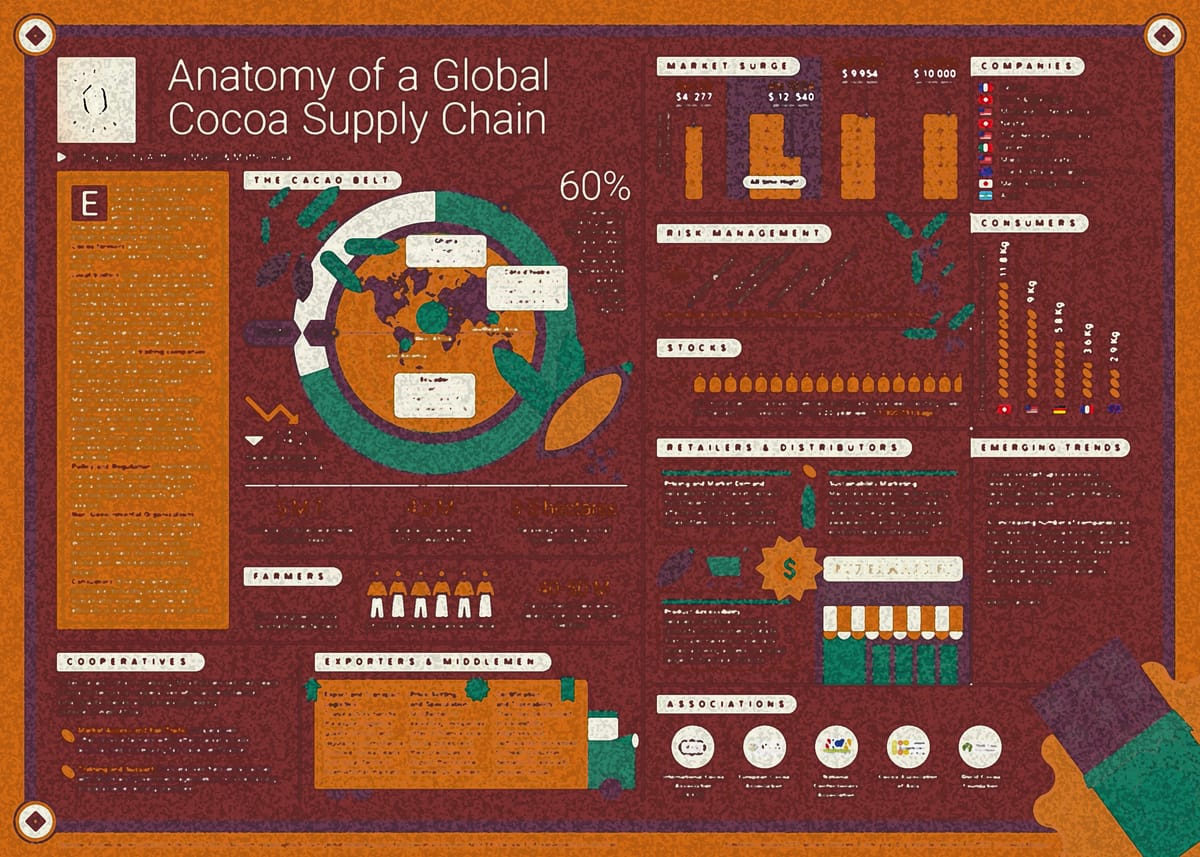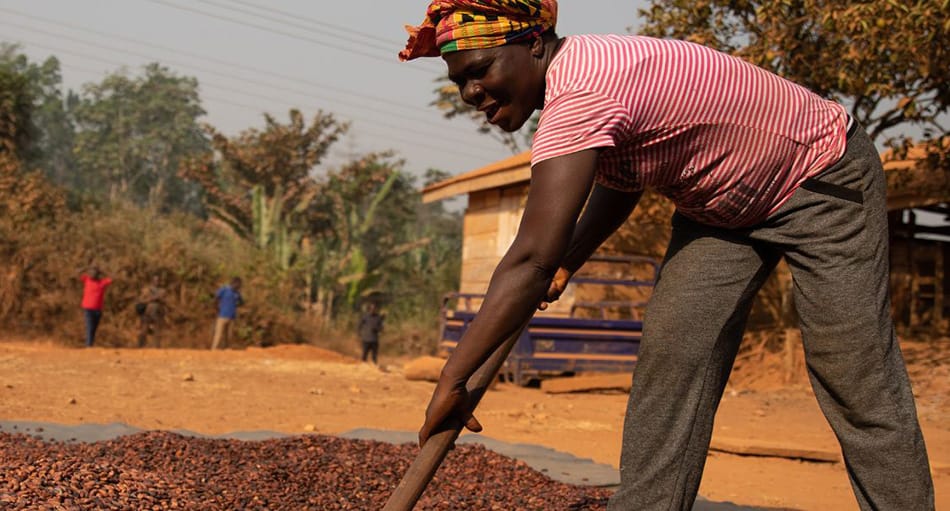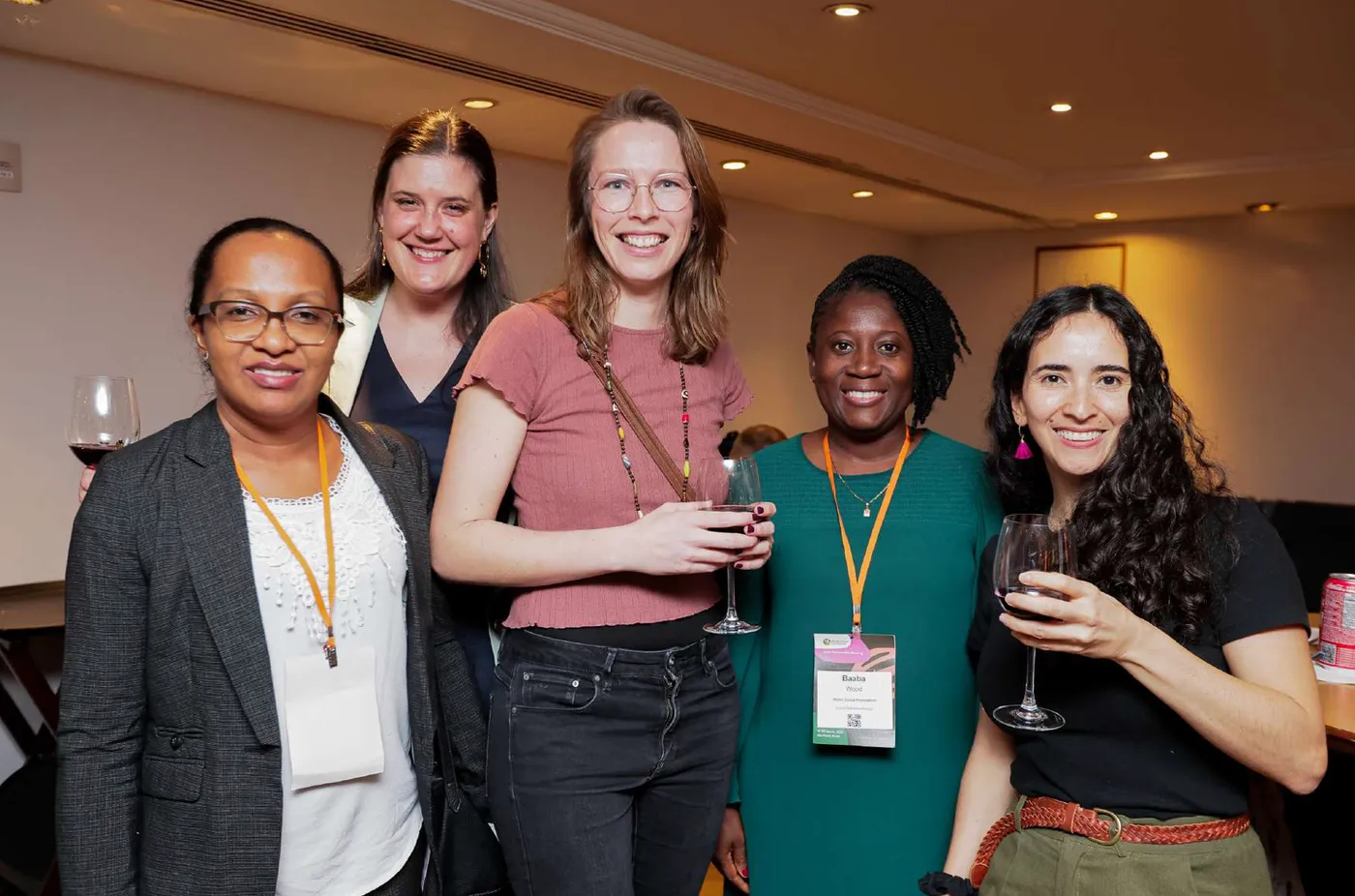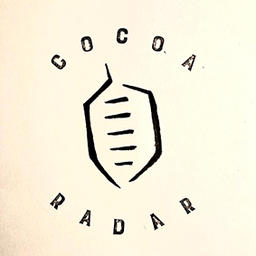The WINCC announcement was made at the WCF Partnership Meeting in São Paulo earlier this month, where the group hosted an event centered on the conference theme of resilience.
Since 2016, WINCC has consistently highlighted the visibility of women in the cocoa sector. The network connects and engages women throughout the cocoa and chocolate supply chain, empowering them to expand their influence and lead industry transformation.
Becoming a foundation will strengthen one of WINCC's primary ambitions: evidence-based advocacy and awareness to strengthen women's position in decision-making processes at any level in the supply chain, from farmer households to corporate boardrooms.
Despite women's significant roles in cocoa production and chocolate consumption, their participation in decision-making within the sector remains limited. Caroline Lubbers, executive director of WINCC, said gender equity and women's leadership are crucial for creating a sustainable cocoa and chocolate industry.
“Since its launch in 2016, WINCC has addressed a clear need in the industry. As we launch the WINCC Foundation, we aim to steer towards concrete shared goals developed with key sector players. We look forward to forming partnerships to advance us towards a sustainable cocoa sector."

WINCC's vision is to transform the cocoa sector by integrating gender equality throughout the supply chain, achieving representative decision-making by including women as pivotal decision-makers, and driving a sustainable future defined by innovation and shared prosperity. To achieve this vision, WINCC said it will focus on three main ambitions:
- Evidence-based advocacy and awareness
- Alignment with peers
- Capacity building for women's leadership
WINCC provides tools, information, mentorship programmes, events, and access to resources that serve as valuable sources for advocacy and awareness, improving women's position in the cocoa sector.

Fairtrade continues to advocate for women’s empowerment in agriculture
Speaking after the sixty-ninth session of the Commission on the Status of Women, which culminated earlier this month, Sophia Ostler, senior policy manager at Fairtrade Foundation, said advocates for women’s rights and policy makers around the world have been reassessing their approach to gender equality in a time when aid budgets are being drastically cut. Defense and protectionism are crowding out existing international cooperation priorities.
She said Fairtrade will continue to advocate for women’s empowerment in agriculture and outlined five ways in which the global sustainable development community can support equal opportunities for women:
- Move out of the way of innovation. Governments and lawmakers can help advance women’s progress by cutting the red tape around tailor-made solutions for sustainable forms of agriculture and architecture.
- Address how some development policies are actively disempowering women. Inclusive policies are not just about incorporating women’s voices into existing policies.
- Take aim at the big picture structural barriers, like the global debt crisis. We need greater lateral thinking in how we frame the issues we campaign for. Climate change, food security and gender inequality are inevitably underpinned by other issues that are less catchy in the advocacy world, such as slowing growth and external debt. Financial shocks have an asymmetric knock-on effect on women in agriculture.
- Prioritise peace efforts. Like financial stability, peace is paramount to gender equality in agriculture. Conflict disrupts the value and food chains and women are the first to be impacted. When there is conflict, women’s innate reflex to be self-reliant in the face of hardship, exposes them to even more threats. A displaced population is food insecure, unable to integrate into established labour markets, at risk of exploitation, exposed to abuse, and often ends up with the worst paid jobs in agrarian life.
- Maintain the momentum for climate action. Stopping climate change may seem like a mammoth quest but any effort to tackle climate change is a step towards increasing the global food security. Millions of women farmers and workers overseas are individually trying to tackle climate change, desertification and to overcome their lack of access to land and resources.
cocoaradar.com is:
- Official Media Partner - World Cocoa Foundation Partnership Meeting in São Paulo, Brazil, 19-20 March 2025.
- Official Media Partner - Amsterdam Sustainable Cocoa Conference, Chocoa, 4-9 February 2025.
- 'From Our Desk. To Yours'
- Sign-up here for free and upgrade to an annual plan with a 35% discount


